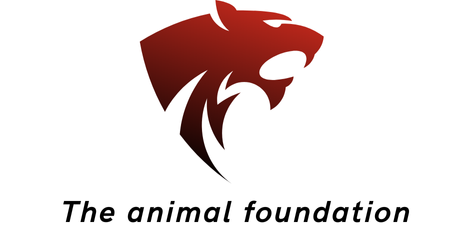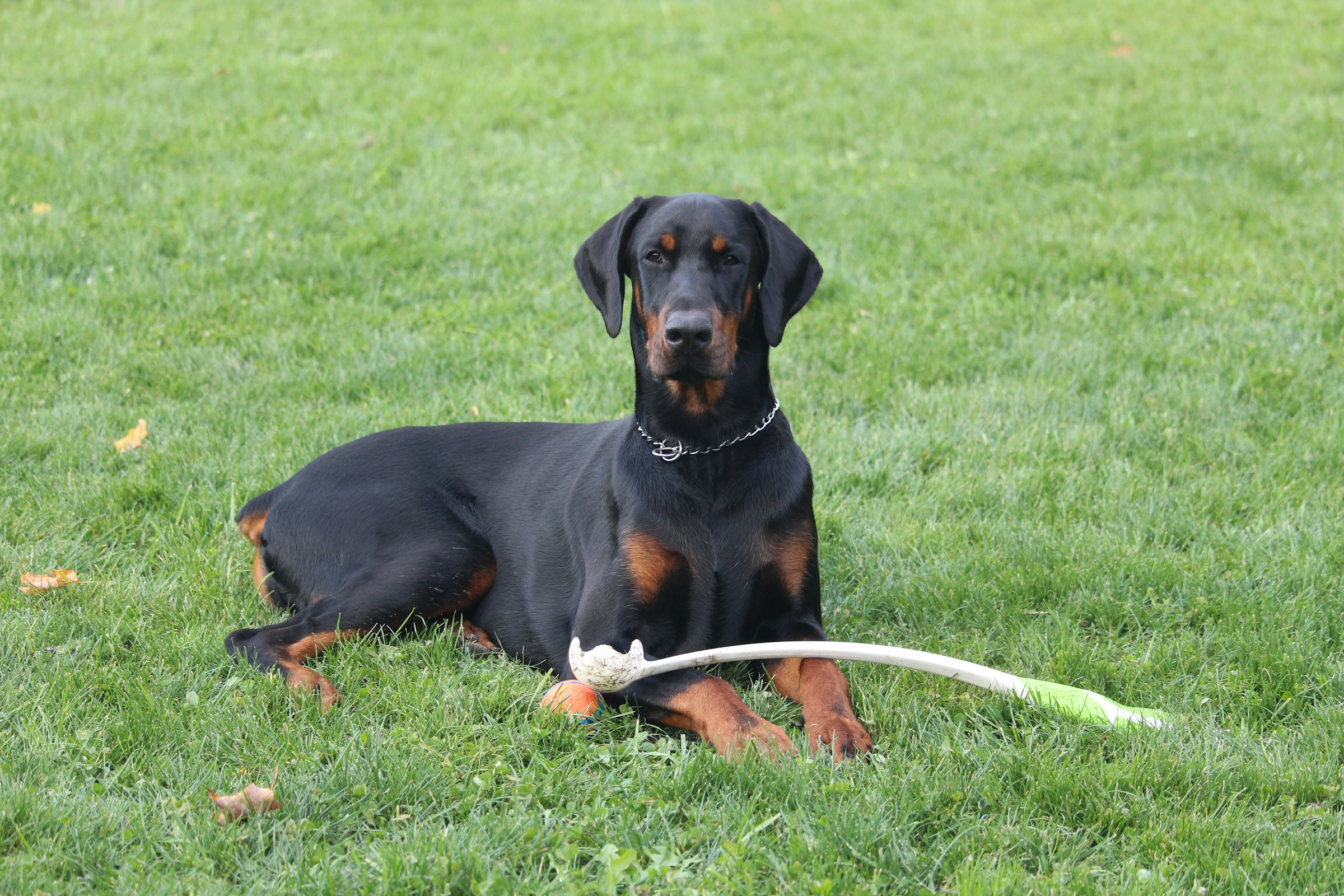Miniature Pinschers, affectionately known as ‘min pins,’ are a lively, spirited breed loved by countless dog owners for their infectious energy and playful antics. However, these pint-sized companions can sometimes come with a not-so-small problem: excessive barking.
Owners often find themselves at a loss when it comes to tackling this issue, unsure of how to quiet their noisy pets without resorting to harsh punishment or irritating anti-bark devices. If you find yourself in this position, then this guide is here to support you. We’ll delve into the reasons behind your min pin’s excessive barking and explore various training methods to curb this behavior.
Lire également : How can you reduce the risk of gastric torsion in a deep-chested breed like the Weimaraner?
Understanding Why Your Miniature Pinscher is Barking
Before you begin training your min pin to limit their barking, the first step is understanding why your dog is barking in the first place. Dogs use barking as a form of communication, and the underlying cause can range from fear or frustration to boredom or attention-seeking.
Breed-specific traits can also influence a dog’s propensity to bark. Miniature Pinschers, for instance, were originally bred to hunt vermin, leading them to be naturally cautious and alert, often resulting in them being more vocal than other breeds. Understanding these ingrained behaviors can significantly help in formulating an effective training strategy.
Cela peut vous intéresser : How can you reduce the risk of gastric torsion in a deep-chested breed like the Weimaraner?
Training Techniques to Mitigate Excessive Barking
Armed with a better understanding of why your dog barks, you can now explore various techniques to manage their excessive barking. Remember, positive reinforcement is key. Rewarding your dog when they behave correctly encourages them to repeat that behavior, instead of being afraid or feeling punished.
One common technique is the ‘quiet’ command, where you ask your dog to stop barking on command. Start by choosing a cue word (like ‘quiet’) and say it in a firm voice when your dog starts to bark. Once they stop barking, praise them and offer a treat. Over time, your dog will associate the command with the action of stopping barking.
Using Distraction as a Training Aid
Another useful technique to curb excessive barking in your Miniature Pinscher is distraction. When your dog starts barking, divert their attention to something else, like a toy or a treat. This approach can be especially useful if your dog barks at specific triggers, such as the mailman or a passing car. By redirecting their attention, you are teaching them to associate the trigger with a positive experience rather than a reason to bark.
Similarly, training your dog to perform a different behavior in response to these triggers can also be effective. For example, you could train your dog to go to a specific spot and sit when they see the mailman, instead of barking.
Socializing Your Miniature Pinscher
A well-socialized dog is often a quieter, more well-behaved dog. Exposing your Miniature Pinscher to a variety of people, places, and situations can help reduce their barking. The AKC suggests that dogs should be socialized from a young age, but it’s never too late to start.
Socializing your dog can help teach them that not every unfamiliar sight or sound is a threat that needs to be barked at, effectively reducing their need to constantly alert you of perceived dangers.
Persistence is Key
Finally, remember that addressing excessive barking in your Miniature Pinscher is not an overnight process. As an owner, you’ll need to invest time and patience into training your pet. Consistency is crucial, as confusing commands or inconsistent responses can prolong the training process.
Although it may be challenging, the rewards of a well-trained dog are well worth the effort. With persistence, understanding, and positive reinforcement, you can help shape your Miniature Pinscher’s behavior and foster a more peaceful home environment.
Incorporating Mental Stimulation and Physical Activity into Your Miniature Pinscher’s Routine
An active mind is an engaged mind, and an engaged mind is less likely to indulge in troublesome behaviors such as excessive barking. Miniature Pinschers are a high-energy breed, so incorporating ample mental and physical stimulation into their daily routine can significantly help in curbing their excessive barking.
Mental stimulation can come in various forms. Puzzle toys, for example, challenge your miniature pinscher’s problem-solving abilities and keep them occupied. Likewise, training sessions can also serve as mental exercise, especially when you teach your min pin new tricks or commands.
Engage in dog sports, such as agility training or flyball, that match your Miniature Pinscher’s energy levels. These sports can be both physically and mentally stimulating, thereby reducing the likelihood of your dog resorting to barking out of boredom.
Remember that a tired dog is a good dog. Regular walks, playtime, and sufficient exercise are crucial aspects of managing your miniature pinscher’s energy levels and, subsequently, their barking behavior.
Seeking Professional Help for Excessive Barking
When your own efforts to curb your Miniature Pinscher’s excessive barking seem futile, it may be time to seek the assistance of a professional dog trainer. A trained professional has the expertise to identify why your dog is barking excessively and can provide tailored strategies to address the issue.
They are familiar with dog breeds and their specific traits, and understand how to communicate effectively with dogs. This expertise enables them to devise a training strategy that is conducive to your miniature pinscher’s learning style.
Moreover, a professional dog trainer can guide you on how to reinforce this training in your everyday interactions with your dog, ensuring consistency and aiding in your dog’s learning process.
It’s important to remember that animal welfare should always be the priority. Therefore, any effective dog trainer will use humane methods of training, such as positive reinforcement, rather than punitive measures.
Conclusion
Excessive barking in Miniature Pinschers can undoubtedly be a nuisance, but it’s essential to remember that your min pin isn’t doing it to annoy you. Barking is a form of communication for dogs and understanding what your dog is trying to say is the first step towards addressing the issue.
With patience, consistency, and the appropriate training techniques, you can teach your miniature pinscher to bark less and communicate in other ways. Whether it’s through positive reinforcement, distraction, increased mental stimulation, socialization, or help from a professional dog trainer, each method requires a commitment to understanding and enhancing your dog’s behavior.
Above all, remember that your relationship with your min pin is a bond of love and trust. Always approach their training with kindness and patience. In the end, the aim is not just to minimize their barking but to ensure their overall wellbeing and happiness. After all, a happy, well-adjusted miniature pinscher makes for a peaceful, joyful household.
















